The days go by, people come and go. Families, children. We arrived last year, now there are new arrivals. The place, however, is the same.
Two years have passed since Schisto camp opened, and we would now like to describe the conditions there.
We are two young journalists from the newspaper “Migratory Birds” and we live in the camp. We decided to discuss some of the issues with some of the long-term residents.
In the beginning, conditions were tough. The tents were surrounded by water, the summer heat was unbearable, and people faced many difficulties. There were not many residents to begin with, but their numbers increased in a very short space of time. At one stage, the entire family, including mothers and babes in arms, would have to stand in a long queue in the searing heat in order to obtain their food rations, which were actually totally inedible. Then in winter, the rain filled the tents with filthy water and destroyed everything.
Basic hygiene was virtually non-existent, resulting in the transmission of diseases, such as psoriasis, primarily amongst the camp’s young children. People had to queue to have a bath with cold water in the same way that they had to queue for food. Everyone felt unsafe; there was no sanitation, and no information. Nor were there any organisations to offer support.
As time went by however, various organisations began to come into contact with us.
Even so, nobody provided education for the young. Eventually, and despite adverse conditions, some people started offering learning support and giving lessons to a few of the children and youths in the camp.
A short while later, the desire for camp residents’ voices to be heard prompted some girls to set up and publish a newspaper. This contributed greatly to the necessary improvements that were carried out in the camp.
One year after Schisto opened, the tents were replaced by containers and the distribution of food was replaced by a small sum of money with which residents could buy what they liked. There is now a cleaning company.
The children now go to school, sanitary conditions are greatly improved – relative to how they were before – and things are generally better. We are visited by a variety of organisations that help solve our problems one way or another. However, the camp’s residents still don’t feel totally safe. There are nationals from many countries and there needs to be correct, accurate information for everyone about everything.
We spoke with Mr Giorgos Kraloglou, who works at the Ministry of Migration Policy and has been responsible for the refugee camp at Schisto for as long as we have been here.
What was this place before it became a refugee camp?
Schisto was an abandoned army camp. It took just seven days and nights of continuous labour by the army to turn it into a refugee camp. It was filled with individual tents as well as some larger ones, providing shelter for around 2,000 people. It began operating officially on February 22nd 2016 and housed Afghans, Syrians, Iranians and Iraqis.
What are conditions like now?
Containers have replaced tents and as you can appreciate, this meant that we had to carry out various other works, such as plumping and electrical. We renovated the two pre-existing large buildings and created 22 rooms in one and six in the other. These rooms serve as classrooms for informal lessons for teenagers who don’t go to school. They are taught Greek, English, geography etc. We also set up a nursery school.
What is the present capacity of the camp?
Because containers take up more space, the camp can accommodate a maximum of 1000 people.
What is security like? Where can someone turn to if they have a problem?
If someone has a problem, we will help him or her. The Greek police are present in the camp and if someone doesn’t feel safe, they can report to them. The police will investigate and find a solution.
Finally, I would like to say that we do hope that people who live here are leading a good life.
The conclusion therefore is that tough conditions don’t last long. All we need is to have hope and the strength to make the necessary effort in order to eliminate them.
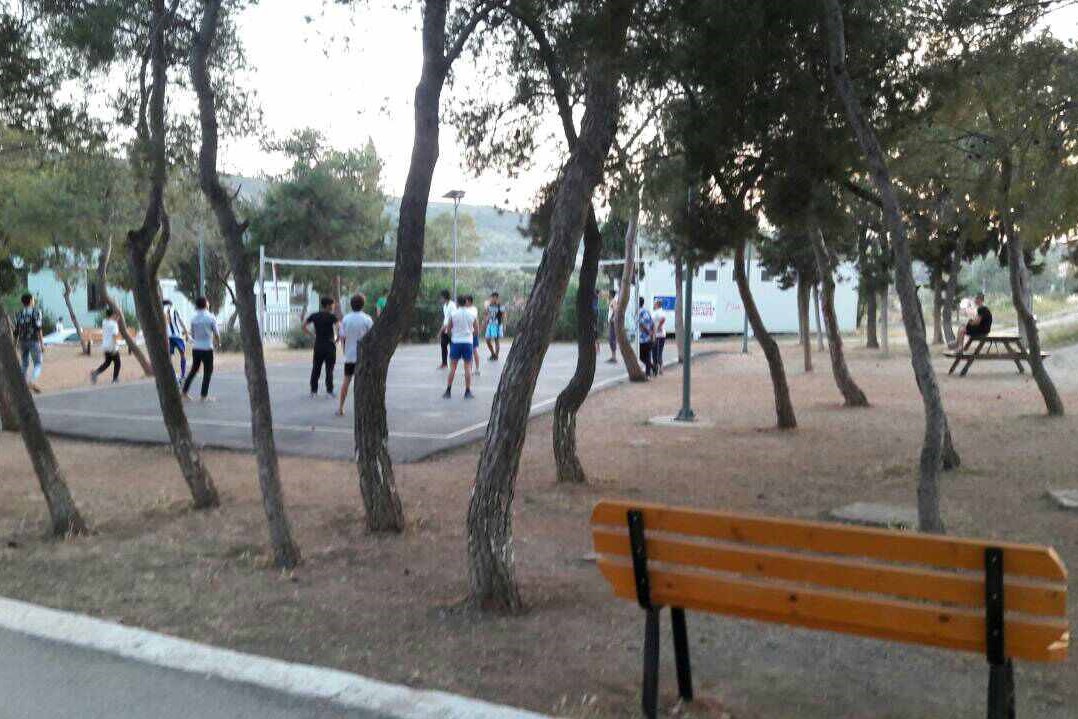

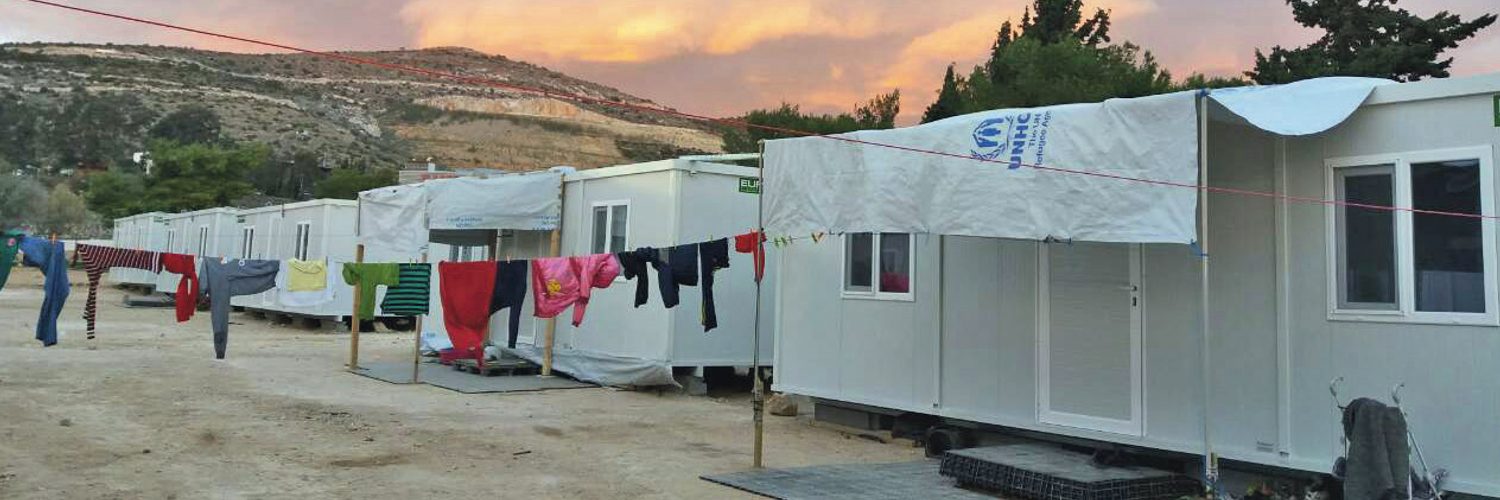
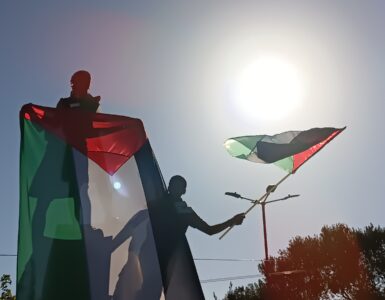
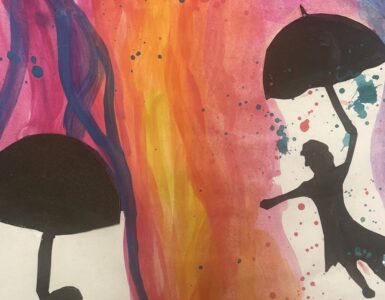
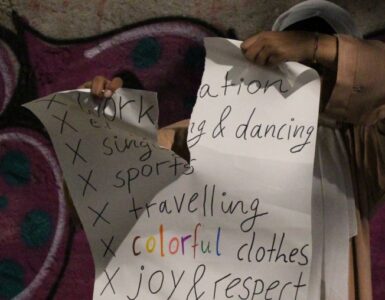




Add comment